Blog Posts Tagged Technical Content
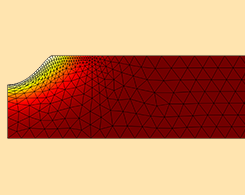
Modeling Thermal Ablation for Material Removal
When certain materials are heated to a certain point, they go directly from the solid to the gas phase in a process called ablation. Learn how to model the thermal ablation process here.
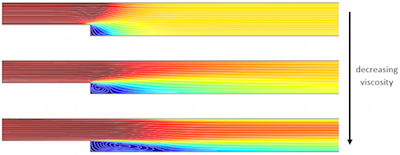
Viscosity Ramping Improves the Convergence of CFD Models
Viscosity ramping can help decrease the computation time for your models by solving for higher viscosities and using the solutions as initial conditions for the problem at lower viscosities.
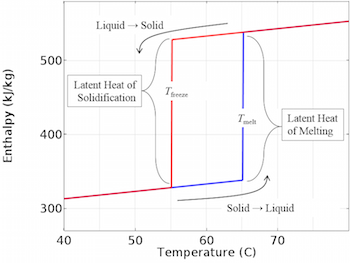
Thermal Modeling of Phase-Change Materials with Hysteresis
Hysteresis occurs when the melting temperature of a material is different from the solidification temperature. We demonstrate the thermal modeling of such a material here.
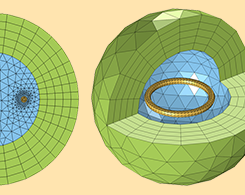
How to Choose Between Boundary Conditions for Coil Modeling
3 approaches for truncating a domain when modeling an EM coil in free space: the Magnetic Insulation and Perfect Magnetic Conductor boundary conditions as well as the infinite element domain.
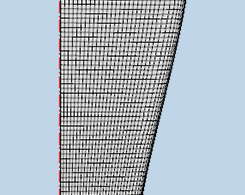
Model How the Bubbles in a Glass of Stout Beer Sink, Not Rise
Ever notice how the bubbles in certain kinds of stout beer sink to the bottom of the glass instead of rising to the top? We explain this phenomenon using fluid flow simulation.

Modeling the Thermal Curing Process
Polymerization of a thermoset resin is one example of thermal curing, a process in which temperature-induced chemical change occurs in a material.

Accessing External Material Models for Magnetic Simulations
Get a demonstration of how access external material models for EM simulations with a hysteresis example. Plus, get an overview of the available functionality for modeling ferromagnetic materials.

Designing an App to Analyze Stress in a Pressure Vessel
Learn how to use the Application Builder in COMSOL Multiphysics® to create an efficient and accurate design workflow, using an example of a pressure vessel design app.
